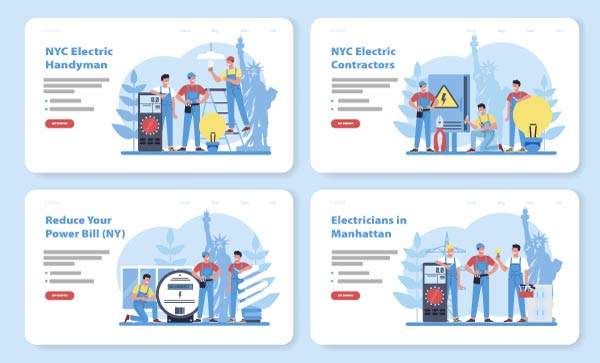Introduction to Digital and Search Engine Marketing
SEM is one of the many tools of online marketing, so we must see where it stands in the world of marketing as a whole, then digital marketing and the “click economy” (or the online attention competition) and Pay Per Click Marketing. Then we will compare it to its twin brother, SEO, understand how Search Algorithms work and finish with SEM's pros and cons, its main elements and some recommendations along the way.
Sales & Marketing
Marketing is the science of attracting potential customers and delivering them to your sales team when they are ready or almost-ready to buy.
Your Sales Team then works on overcoming any remaining objections the potential customer has, and then “closes” the sale.
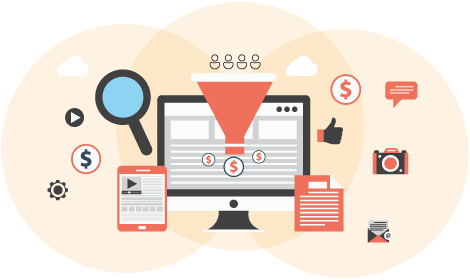
This over-simplified view of the process may help to understand why some people refer to the “Sales Funnel”, where first you have a large group of people (the public) and then, through your marketing and sales efforts, thin the number down to those who actually pay you.
Once someone enters your “Funnel”, they become a “lead” until they become a paying customer or until we know they will definitely not buy from us.
There are a million books and courses on these and all other subjects we will mention in this introduction to SEM, so we will try to maintain a bird’s eye view of them all.
 Marketing and Sales resemble a detective’s investigation so much that they share terms (such as lead, close, canvas, etc.) and also share investigative tactics (spying on your target, your competition and even on yourself), but with the huge difference that marketing focuses on the future, and helping what you want to happen, actually happen.
Marketing and Sales resemble a detective’s investigation so much that they share terms (such as lead, close, canvas, etc.) and also share investigative tactics (spying on your target, your competition and even on yourself), but with the huge difference that marketing focuses on the future, and helping what you want to happen, actually happen.
Marketing Channels
There are many ways to deliver your message and attract customers. We call them “Channels” and some have existed for centuries, while others just the last few years.
- Print Media (Magazines, Newspapers, Directories, Books, Flyers, Pamphlets, Business Cards, Posters, etc.)
- Broadcast Media (TV, Radio, etc.)
- Physical Locations (Showrooms, Retail Stores, Trade Shows, Expos, Conferences, Door-to-Door Canvasing, etc.)
- Online (Interactive) Media (Web, Search, Email, Video, Social Media, Listings, Blogs, etc.)
- Word-of-Mouth Recommendations (From a friend or partner, Public Figures, Affiliates, Influencers, etc.)
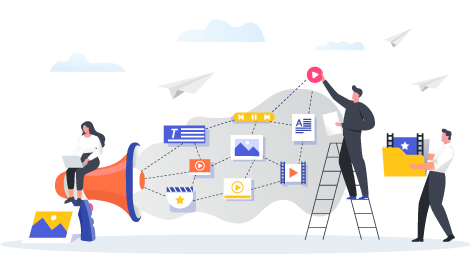
Digital Marketing
Before the Internet, marketers could only dream of what we can achieve now; knowing so much about our audiences, choosing who sees our ads, and being able to personalize each ad, and even change your ads as often as you like.
 What is Digital Marketing's Main Advantage?
What is Digital Marketing's Main Advantage?
Digital marketing allows you to start, run or even just try effective campaigns with very little money, reaching a local, national or global audience, even with a small budget.
The “Click Economy”
Advertising has always depended on the attention span of your audience, and how you could “distract” someone from whatever they’re doing to focus on what you’re telling them. It’s therefore an “attention competition”, with many advertisers vying for your attention.
Although your target audience could have your material in front of them, on average it takes 7 views for someone to actually “see” your content. Therefore, most marketing platforms sell “views” or “impressions”: how many people read this or that magazine, how many people drive past that billboard, etc.
Although there are still online marketing efforts that focus on “views” such as video, influencer mentions, advertising on websites, etc., there are many advertising campaigns that focus on results: how many people actually click on your ad, instead of how many see it.
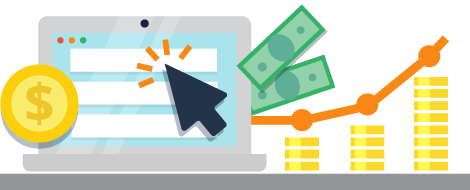
Pay Per Click (PPC)
As we will see in the Paid and Organic Clicks section below, there are two kinds of "clicks" or "website visit driving activities": Those that are directly paid for and those that come through organic links, such as listings on a directory, a friend linking to your webpage on her blog, a press release which includes a link to your site, etc.
In PPC, you pay to show your ad on someone else's online property. It usually is paid for on a click-by-click basis (only when someone actually clicks on your ad), but there are other ad formats, specially video, that charge for every thousand views instead. This goes for online and Social Media advertising, where there are usually both kinds of campaigns, but since the same platform has both the cost per click and cost per thousand views, it all got stuck with the PPC title.
Although this category by definition refers to advertising that costs you money only when someone clicks on your ad, it also includes other paid online advertising campaigns, such as showing an image or video in a magazine's website, the ads that show before YouTube videos, audio advertisements in music streaming services, etc.

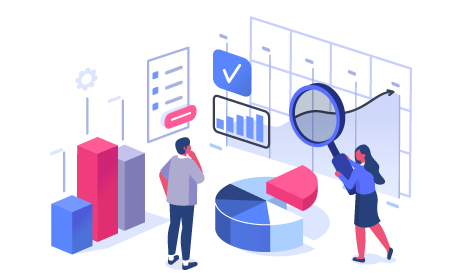
 Disclaimer: Since we are Google Partners and Google Certified Search Experts and display the Google Partner Badge on our site, we are required to inform you that Google does not endorse or verify any SEO service, only paid SEM Services.
Disclaimer: Since we are Google Partners and Google Certified Search Experts and display the Google Partner Badge on our site, we are required to inform you that Google does not endorse or verify any SEO service, only paid SEM Services.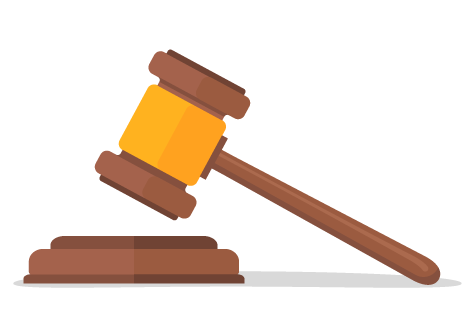
 The Search Engine so far has every reason to consider that this page answers their user's question. However, if many visitors were to quickly "bounce back" (click on the "back button" on their browser) and then enter another listing, this would tell the SE that although the page is about the topic, many of their users either don't like the way the information is presented or there is something else wrong. This would lower the "Page Experience" Score. But let's assume that users don't quickly "bounce", but rather stay on this page. According to the length of this article, it should take on average 20 minutes to fully read it. If users stay 20 or more minutes on this page, it would send all kinds of positive signals to the Search Engine that this page is a) about the topic, b) interesting and c) valuable enough for users to spend their time here.
The Search Engine so far has every reason to consider that this page answers their user's question. However, if many visitors were to quickly "bounce back" (click on the "back button" on their browser) and then enter another listing, this would tell the SE that although the page is about the topic, many of their users either don't like the way the information is presented or there is something else wrong. This would lower the "Page Experience" Score. But let's assume that users don't quickly "bounce", but rather stay on this page. According to the length of this article, it should take on average 20 minutes to fully read it. If users stay 20 or more minutes on this page, it would send all kinds of positive signals to the Search Engine that this page is a) about the topic, b) interesting and c) valuable enough for users to spend their time here.
